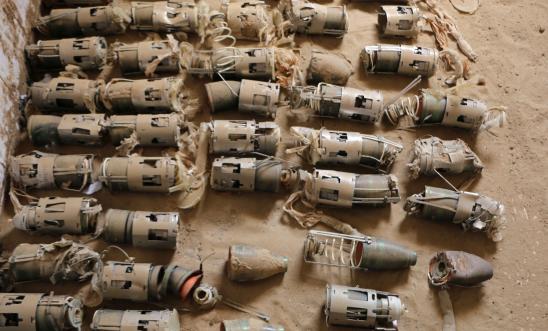SNHR has published its annual report on torture practices inside detention centers and the victims of torture toll. The report was published on the International Day in Support of Victims of Torture entitled: “The Rest of detainees must be Rescued”
The report methodology is based on SNHR archive that have been built through ongoing and daily monitoring and documenting since 2011. All statistics and numbers are recorded with names, pictures, place and date of death or detention and other details. In light of the exceptional difficulties and the huge magnitude of violations, this report only contains the minimum of the violations that we were able to document. Also, the report contains eight accounts of survivors of torture from the various conflict parties.
The report notes that the toll of victims of torture who died between March 2011 and June 2016 is 12,679 individuals at least including 163 children and 53 women; among them were 12,569 individuals killed by government forces including 160 children and 38 women. The report also recorded that 18 individuals were killed by the self-management forces including one child and one woman while 29 individuals were killed by ISIS including one child and 13 women. Additionally, 15 individuals were killed by Al-Nussra Front and 19 were killed by armed opposition factions including one child and one woman. The repost also recorded the death of two individuals due to torture by unidentified groups.
The report holds the Syrian regime responsible for 99% of the victims who died due to torture inside detention centers.
Read the entire Report here:
Save_the_rest_of_detainees_en-1

